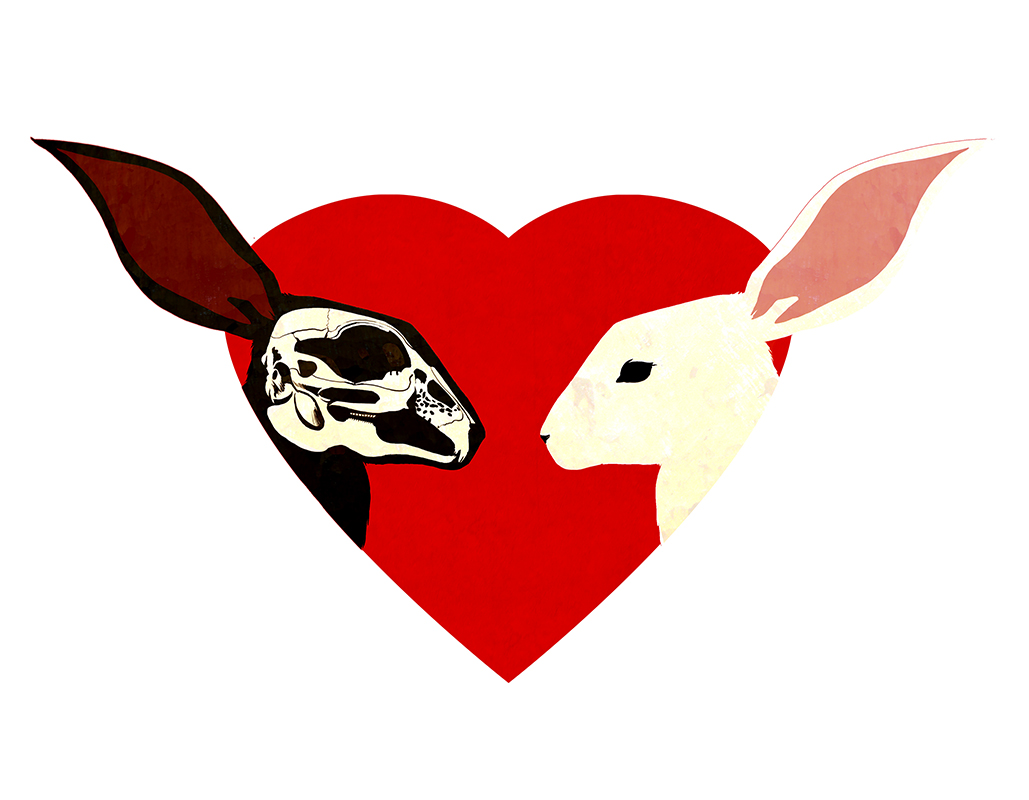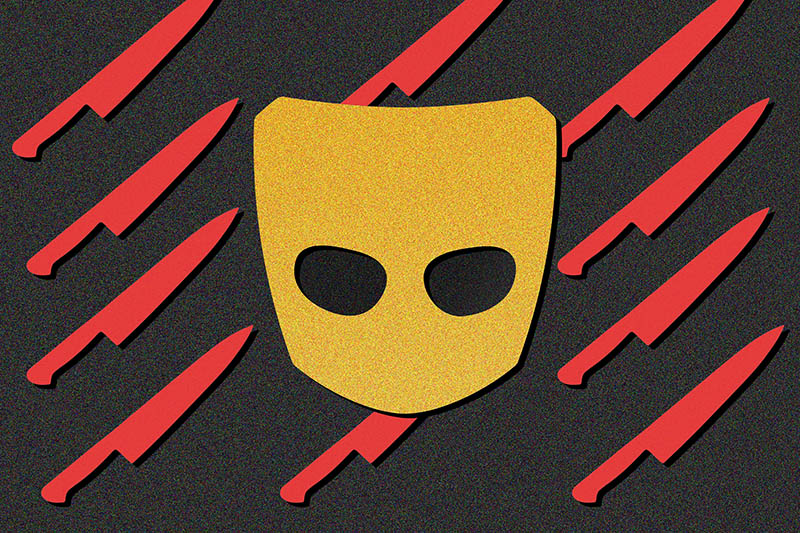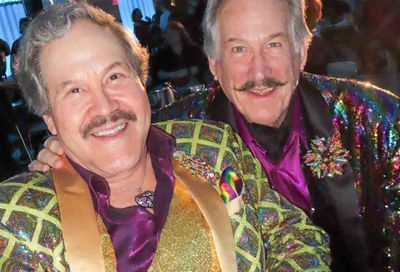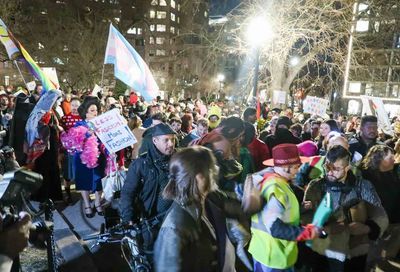No Pain, No Gain
Don't expect gay Olympic athletes to save LGBT Russians from a government that knows no shame

As it becomes clearer every day that there will be no boycott of the 2014 Winter Olympics in Sochi, Russia, and that odds of moving the games elsewhere are somewhere in the territory of playing the lottery, the question grows of what will happen when nations come together to compete in a country that has effectively outlawed the public existence of homosexuals.
Athletes, activists and pundits have all pointed to the example of black American runner Jesse Owens, who won a gold medal at the 1936 Berlin Olympics, putting the lie to the ”master race” philosophy of the Third Reich. Imagine, they say, an LGBT athlete winning a medal right under the noses of anti-gay Russian leaders. Like Owens, such a victory would repudiate the odious doctrine that enables hate and violence against Russia’s LGBT people.
It’s a noble thought, but it neglects to take the next step in the analogy, which is that as inspiring as Owens’s victory was, Adolf Hitler went on to kill millions of Jews. A gold medal won by a black man did nothing to stop the Holocaust because Hitler had no shame about his beliefs.
I don’t bring this up to invoke Godwin’s Law, the usually apt online rule that any argument that invokes Hitler should be immediately ignored. In fact, the parallels between 1936 and 2014 are apt. As others have noted, the Berlin Olympics prompted words of caution and calm from Olympics organizers. Reassurances were given that athletes would be safe. Bromides were spouted about the Olympic ideal being a force for change.
To be clear, I don’t believe we should boycott the games for many of the same reasons being put forward today. Successful LGBT athletes will be a repudiation of Putin, as will LGBT athletes and their allies openly defying Russia’s laws, even as government officials reiterate that the laws will be enforced at Sochi and as the quisling International Olympic Committee (IOC) chooses appeasement by threatening to expel any athlete who makes the mistake of being openly LGBT.
But what about after? What happens to LGBT Russians facing oppression from their government and violence from nationalist thugs when the world’s attention turns elsewhere? Putin is not a man to be shamed into changing his position and neither are the politicians and clergy who spearheaded this bigotry.
Last week, when telling Metro Weekly that Maryland would not be ending its ”sister state” relationship with St. Petersburg/Leningrad Olbast, Deputy Secretary of State Peter Fosselman said, ”By strengthening relationships with others, we can educate people and share with them our values as they pertain to human rights.”
Leaving aside that this particular relationship began in 1993 when the world viewed the former Soviet Union with a lot more optimism than today, it’s safe to note two things. First, the broader values of Maryland have not successfully changed Russian society in the past few years. Second, at some point you must stop engaging with those whose values have become antithetical to your own. Imagine that quote being said in the 1980s about South Africa during the height of the anti-apartheid movement. It would have been considered outrageous, as it would be today if it were said about a ”sister state” relationship with a government enacting similar laws against Jews, women, Christians or Muslims.
Suspending special relationships, boycotting Russian-owned companies, moving future high-dollar sporting events like the 2018 World Cup — all these things would cause hardship. But that’s the point of pressure, to make clear that if a nation chooses in hatred to make its LGBT citizens suffer then it will suffer as well, and that we are willing to sacrifice something in the service of our ideals.
The Russian government won’t be shamed into changing its laws against homosexuals by LGBT displays at Sochi — they may even dig deeper in response. Where shame won’t work, perhaps pain will.
Sean Bugg is the co-publisher of Metro Weekly. He can be reached at sbugg@MetroWeekly.com and followed on Twitter at @seanbugg.
Support Metro Weekly’s Journalism
These are challenging times for news organizations. And yet it’s crucial we stay active and provide vital resources and information to both our local readers and the world. So won’t you please take a moment and consider supporting Metro Weekly with a membership? For as little as $5 a month, you can help ensure Metro Weekly magazine and MetroWeekly.com remain free, viable resources as we provide the best, most diverse, culturally-resonant LGBTQ coverage in both the D.C. region and around the world. Memberships come with exclusive perks and discounts, your own personal digital delivery of each week’s magazine (and an archive), access to our Member's Lounge when it launches this fall, and exclusive members-only items like Metro Weekly Membership Mugs and Tote Bags! Check out all our membership levels here and please join us today!





















